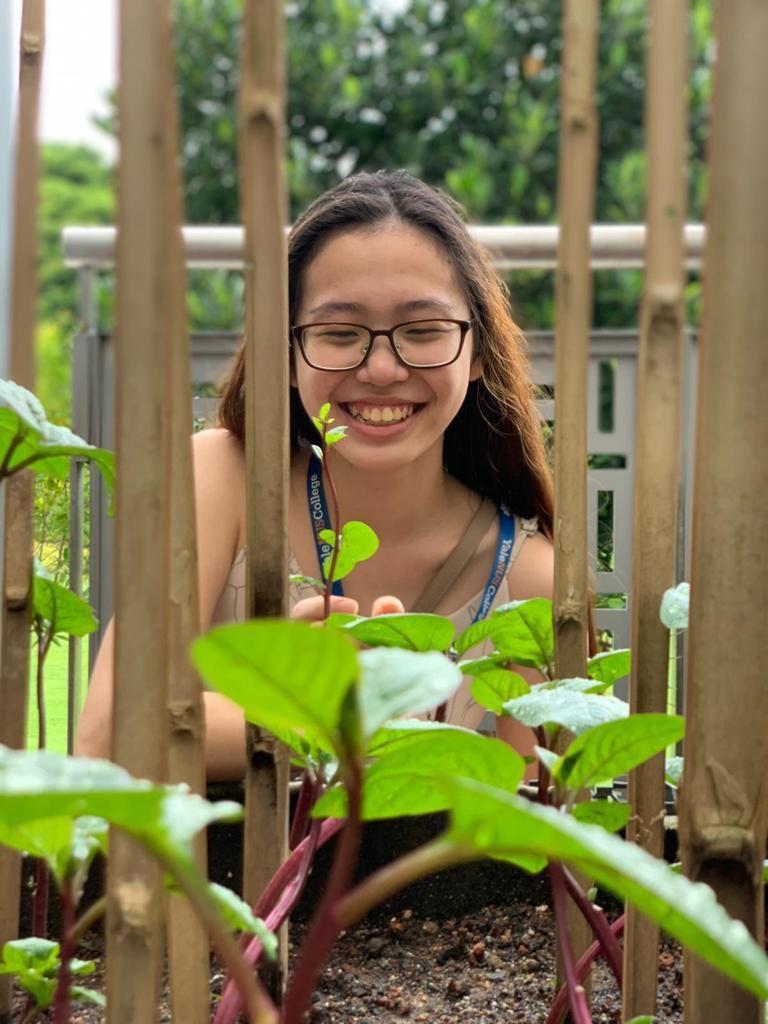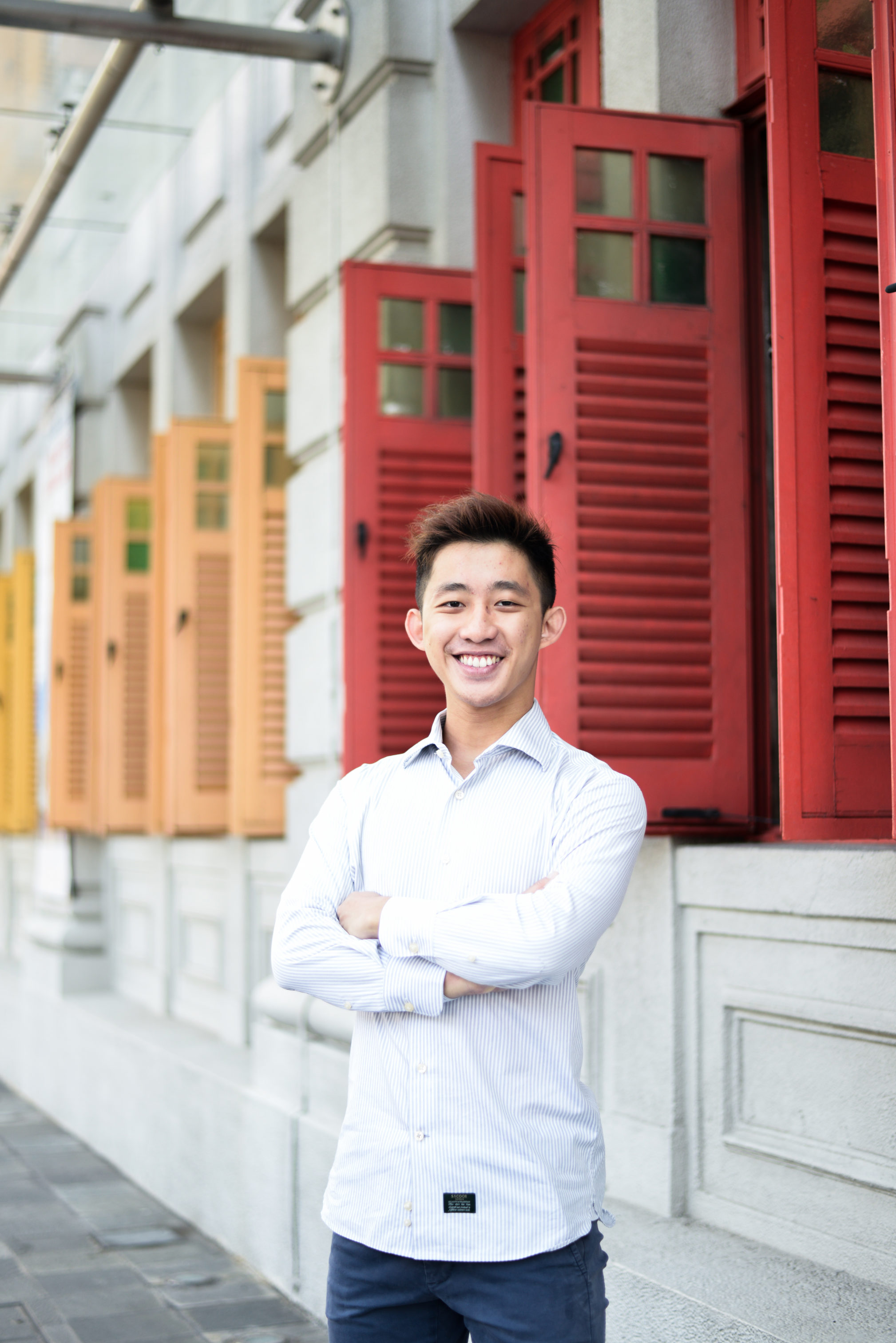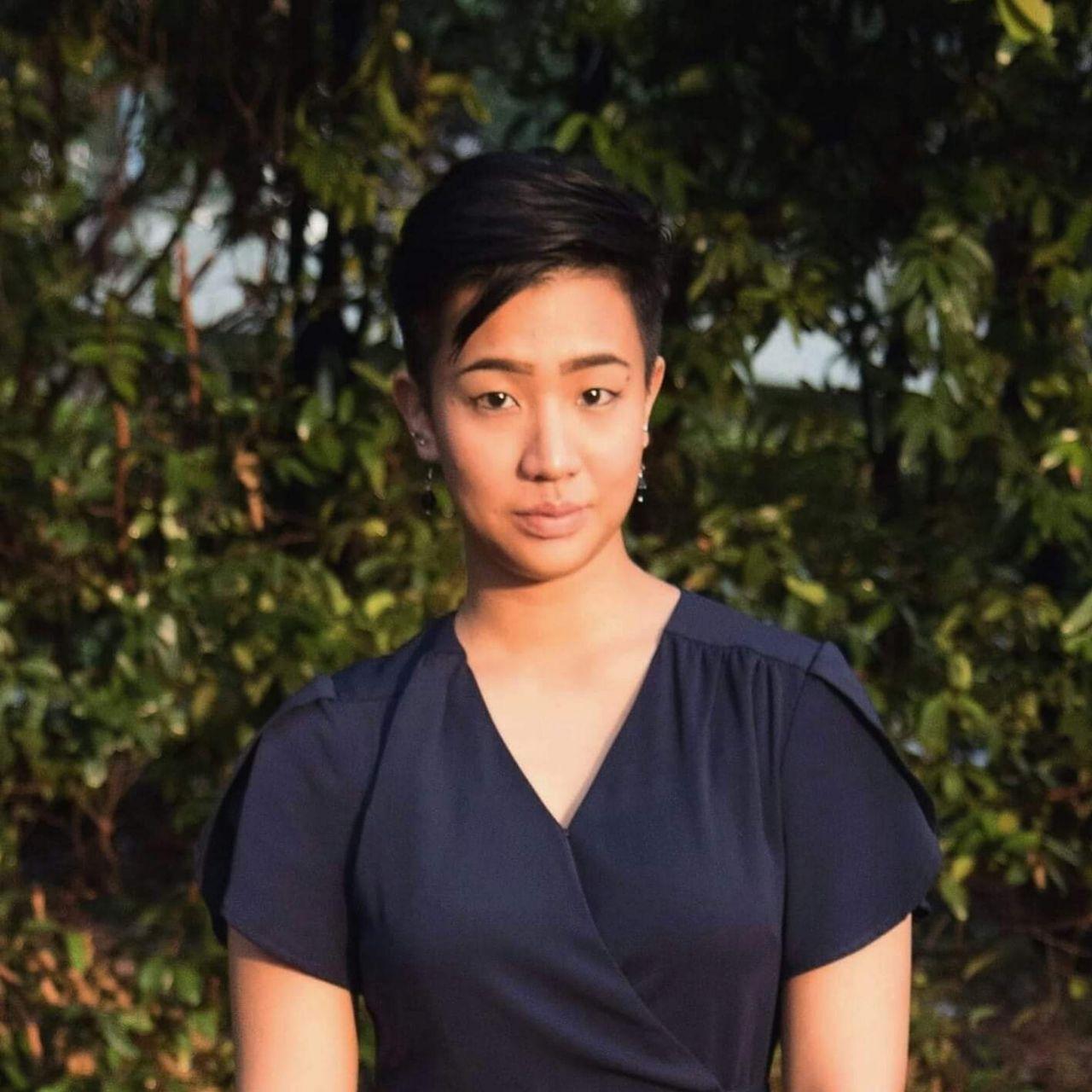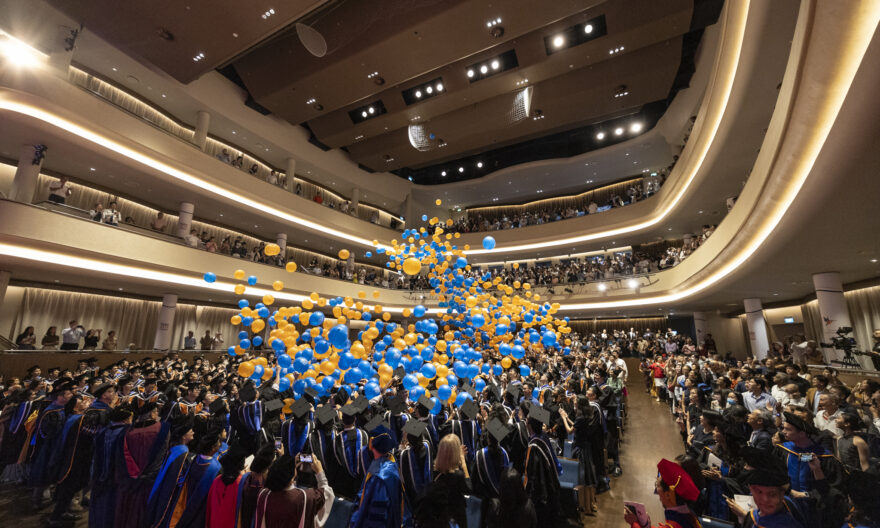Yale-NUS students and alumni tackle food security challenges
Food security is at the forefront of Singaporeans’ minds, now more than ever before. In 2018, then Environment and Water Resources Minister Masagos Zulkifli announced the Singapore government’s goal of producing 30 percent of Singapore’s nutritional needs locally by 2030. In this year of the global pandemic, we all feel the need for domestic food production much more acutely – via increased anxiety over food supplies and fluctuating prices, for example.
During the semester break, a group of Yale-NUS students and alumni took part in a virtual hackathon titled ‘30by30: In Our Next Generation’ to address this very challenge. The hackathon invited youths and industry leaders alike to engage in conversations surrounding three separate but interrelated themes: Building Food Narratives, Enabling Communities, and The Future of Food.
Heng Jie Min (Class of 2022), a third year Environmental Studies major, was one of the ‘challengers’. Jie Min is a long-time member of I’dECO, the Yale-NUS environmental student organisation group that leads the sustainability movement on campus. In particular, she has been heavily involved in the I’dECO urban farm, a student-run initiative growing vegetables on campus, over the past few semesters, which is also where her interest in food arose.
As someone who cares about environmental issues, she also sees agriculture as a promising angle to share about sustainability, since it is something that everyone has a stake in.
 Heng Jie Min tending to the I’dECO urban farm in September 2019. Image provided by Heng Jie Min.
Heng Jie Min tending to the I’dECO urban farm in September 2019. Image provided by Heng Jie Min.
When asked what motivated her to take part in the hackathon, she said, “I thought the 30by30 challenge would be a good avenue to further expose myself to key trends, innovations and challenges of the local food industry.”
During pitching day, the ideas developed by Jie Min’s team (which included two other students from the National University of Singapore and Nanyang Technological University) attracted the attention of the CEO of Golden Sunland, a rice company operating in Singapore and Myanmar. He resonated with their aim of empowering smallholder farmers in Southeast Asia, and eventually offered them internships as an opportunity to work with him to realise their shared goals. Jie Min is currently undergoing the internship, which started in September.
Reflecting on her experience at the hackathon, she shared, “The week-long programme, run by The Maju Collective, focused a lot on providing us with important background contextual knowledge and the tools to define and frame the problem well, before we were to come up with solutions for the identified problem. Overall, it was quite an insightful experience, as it really exposed me to different industry partners and what’s happening in the agri-food industry locally and beyond.”
 Ng Aik Yang (Class of 2022), photo taken in 2019. Photo provided by Ng Aik Yang.
Ng Aik Yang (Class of 2022), photo taken in 2019. Photo provided by Ng Aik Yang.
The event organiser, The Maju Collective, is run by co-founder Ng Aik Yang (Class of 2022), Jolene Lum (Class of 2019), and Amanda Woon (a graduate of Nanyang Technological University). Since 2019, the education company has been working to build connections between food and education.
No stranger to the education scene, Aik Yang is deeply interested in nurturing the next generation of problem-finders and problem-solvers who can address the impending challenges of the coming decades, such as food security. Through his work with The Maju Collective, he aims to foster a sense of community and collaboration between youths and professionals in the food industry. This is because he believes in finding a synergy between future businesses and the idealism of youth. Aik Yang explained, “There is an opportunity here to build a culture in which business leaders understand that young people are powerful in making a difference, and in which young people know that there are existing channels through which they can express their idealism.”
 Jolene Lum (Class of 2019), photo taken in 2018. Photo provided by Jolene Lum.
Jolene Lum (Class of 2019), photo taken in 2018. Photo provided by Jolene Lum.
These ideals are embodied by Jolene herself, who started to get more deeply involved in the agriculture industry after being exposed to it via The Maju Collective. In June this year, she joined Renergii Ventures, an innovation firm that focuses on food, animal feed and agricultural technology to build resilient urban food systems. She is also the Managing Director of Urban Tiller, a business that aims to: “increase local demand for local produce by delivering customers fresh, chemical-free, sustainably grown vegetables within six to eight hours of harvest”.
When asked to share her experience with the industry thus far, she said, “It’s really exciting to be in the thick of it! I truly think that food, feed, and agri-technology will be an industry to watch in the coming years.
“My work also takes a lot of cross-disciplinary thinking, which Yale-NUS helped to cultivate. I’m constantly thinking about solutions, externalities, the true meaning of inclusivity and sustainability. I also find myself having to utilise a variety of different skills like communication, marketing, and scientific understanding.”
Initiatives such as the ‘30by30: In Our Next Generation’ hackathon created opportunities for Yale-NUS students (past and present) to reflect on social and environmental issues and consciously work on forging creative solutions to address them. In a world constantly in flux, Yale-NUS students are doing meaningful work in emerging, sustainable industries, in some cases even forging new paths in uncharted territories.
Said Aik Yang, “The work I am doing right now makes me think about the future of work, and how sustainable, emerging industries can be exciting places for the next generation of young people to explore.”





